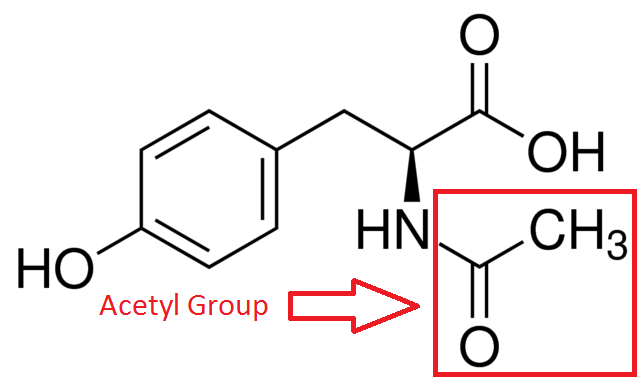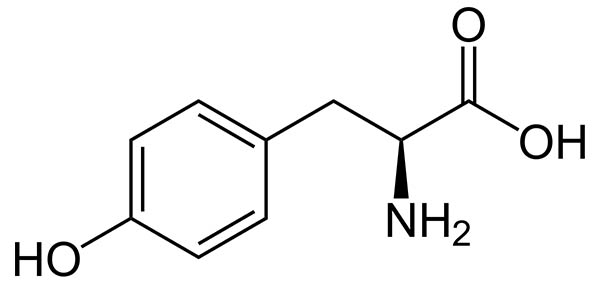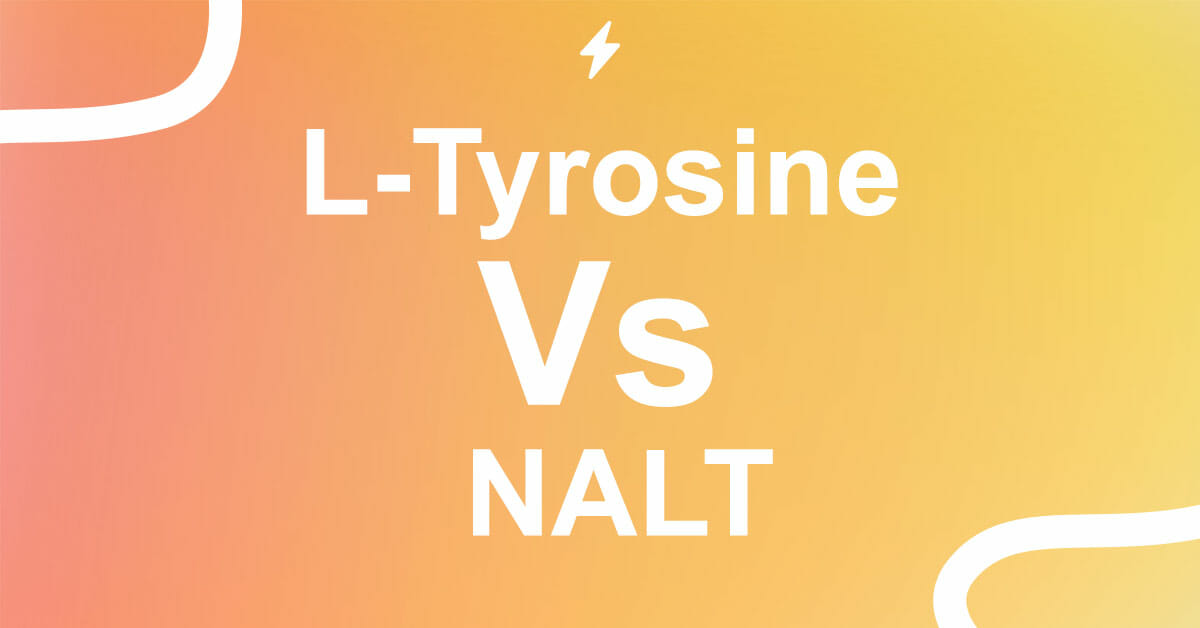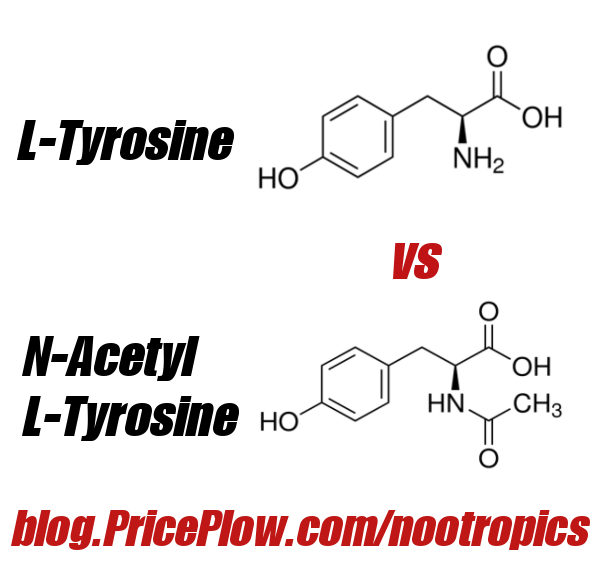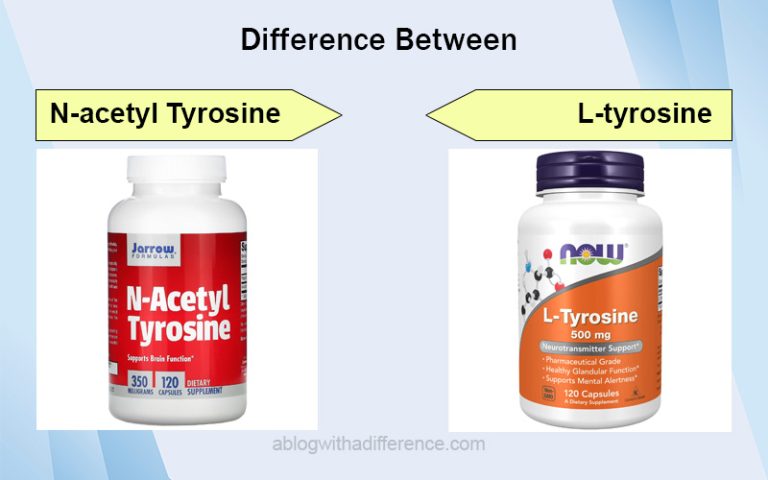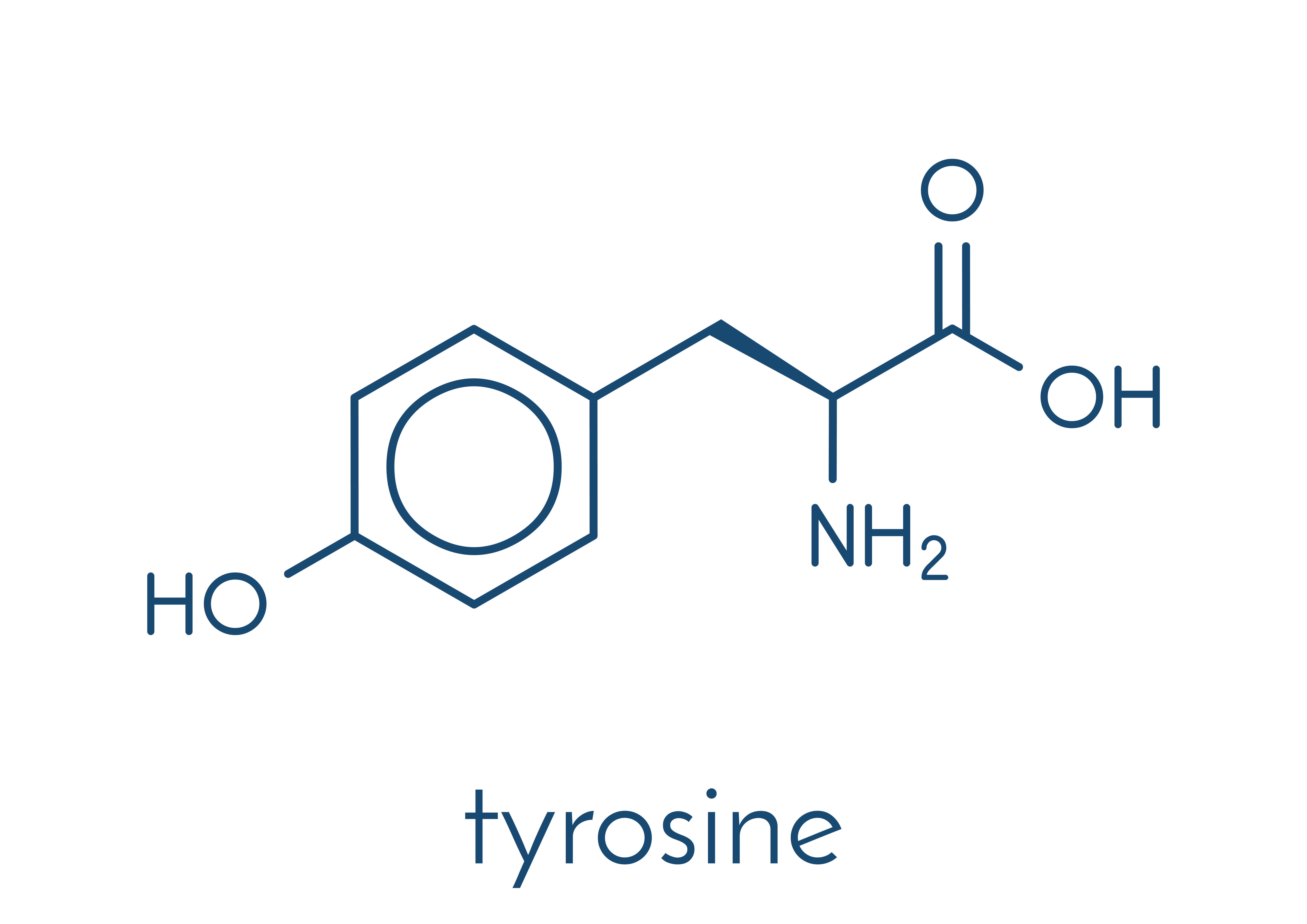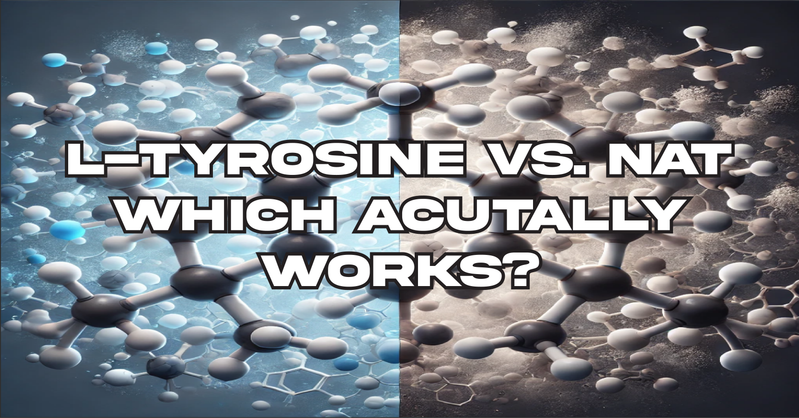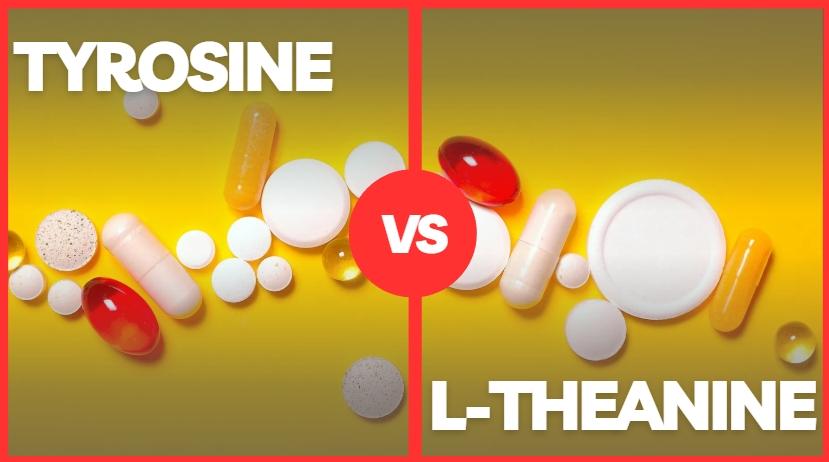N Acetyl L Tyrosine Vs L Tyrosine

In a world increasingly reliant on cognitive enhancement and stress management, the spotlight shines brightly on amino acids like L-Tyrosine and its derivative, N-Acetyl L-Tyrosine (NALT). These compounds, precursors to vital neurotransmitters, have become popular supplements promising improved focus, mood, and stress resilience. But amidst the hype, a crucial question persists: Which form delivers the most effective benefits, and what are the key differences consumers need to understand?
This article delves into a comprehensive comparison of L-Tyrosine and N-Acetyl L-Tyrosine, examining their chemical structures, bioavailability, purported benefits, potential side effects, and expert opinions. We aim to provide a balanced perspective, grounded in scientific evidence, to equip readers with the knowledge necessary to make informed decisions about incorporating these supplements into their wellness routines. Understanding the nuances between these two compounds is paramount for those seeking to optimize their cognitive and physical performance.
Understanding L-Tyrosine: The Foundation
L-Tyrosine is a non-essential amino acid, meaning the body can synthesize it from another amino acid, phenylalanine. It plays a crucial role in the production of several key neurotransmitters, including dopamine, norepinephrine (noradrenaline), and epinephrine (adrenaline). These neurotransmitters are essential for regulating mood, cognitive function, and the body's response to stress.
Dopamine, for instance, is associated with pleasure, motivation, and reward. Norepinephrine and epinephrine are involved in the "fight or flight" response, increasing alertness and focus during stressful situations. L-Tyrosine's involvement in these processes has fueled its popularity as a supplement for improving mental performance and mitigating the effects of stress.
Dietary Sources and Supplementation
L-Tyrosine can be obtained through dietary sources such as meat, dairy products, eggs, nuts, and seeds. Supplementation is often considered when individuals aim to increase their tyrosine levels beyond what they can obtain through diet alone. This is particularly relevant for those seeking to support cognitive function under stress or during periods of intense mental exertion.
N-Acetyl L-Tyrosine: A Modified Form
N-Acetyl L-Tyrosine (NALT) is a derivative of L-Tyrosine, created by adding an acetyl group to the tyrosine molecule. This modification is intended to improve the stability and bioavailability of the amino acid. The theoretical benefit is that NALT might be absorbed and utilized more efficiently by the body compared to L-Tyrosine.
However, the addition of the acetyl group also presents a challenge. Before NALT can be used to synthesize neurotransmitters, the acetyl group must be removed. This process introduces an extra step that could potentially limit the conversion of NALT back into usable L-Tyrosine.
The Bioavailability Debate
The core of the L-Tyrosine vs. NALT debate lies in bioavailability. Early claims suggested NALT was significantly more bioavailable, meaning a greater proportion of the ingested supplement would reach the bloodstream and be utilized by the body. However, subsequent research has challenged this assumption.
Some studies suggest that NALT might actually have lower bioavailability compared to L-Tyrosine. This is because the process of removing the acetyl group may not be as efficient as initially believed. Therefore, while NALT might be more stable, its conversion back to L-Tyrosine could be a limiting factor.
Research and Evidence: What Does the Science Say?
Scientific evidence comparing the efficacy of L-Tyrosine and NALT remains somewhat limited and often yields mixed results. Studies investigating the impact of tyrosine supplementation on cognitive function and stress response often use L-Tyrosine as the primary intervention. These studies have shown potential benefits in improving working memory, attention, and cognitive flexibility under stressful conditions.
Research specifically focusing on NALT is scarcer. The existing studies suggest that while NALT may have some benefits, particularly in improving mood and reducing fatigue, its effects might not be as pronounced as those observed with L-Tyrosine. More research is needed to fully understand the bioavailability and efficacy of NALT in various populations and under different conditions.
"The current body of evidence suggests that L-Tyrosine may be a more reliable choice for individuals seeking to enhance cognitive function and stress resilience," explains Dr. Anya Sharma, a neuroscientist specializing in amino acid metabolism. "While NALT theoretically offers improved stability, the actual impact on bioavailability and conversion to usable L-Tyrosine appears to be questionable."
Potential Benefits and Uses
Both L-Tyrosine and NALT are marketed for a range of potential benefits, including:
- Improved cognitive function, particularly under stress
- Enhanced mood and reduced symptoms of depression
- Increased energy and reduced fatigue
- Support for thyroid function (tyrosine is a precursor to thyroid hormones)
However, it's important to note that the strength of the evidence supporting these claims varies. While L-Tyrosine has a stronger body of research behind it, both supplements should be used with caution and under the guidance of a healthcare professional. Individuals should also be aware of potential side effects.
Side Effects and Safety Considerations
L-Tyrosine and NALT are generally considered safe for most people when taken within recommended dosages. Common side effects are generally mild and may include nausea, headache, and heartburn. However, certain individuals should exercise caution or avoid these supplements altogether.
People with hyperthyroidism or Grave's disease should avoid L-Tyrosine and NALT, as these supplements can potentially increase thyroid hormone production. Individuals taking MAO inhibitors (a type of antidepressant) should also avoid tyrosine supplements due to the risk of a dangerous increase in blood pressure. Consulting with a healthcare professional is crucial before starting any new supplement regimen.
Dosage and Recommendations
The optimal dosage of L-Tyrosine varies depending on individual needs and the specific purpose of supplementation. Typical dosages range from 500mg to 2000mg per day, often divided into multiple doses. For NALT, the recommended dosage is often higher to compensate for its potentially lower bioavailability.
However, it's crucial to start with a low dose and gradually increase it as needed, while monitoring for any adverse effects. It is also important to note that supplementation should not replace a balanced diet and healthy lifestyle habits. A holistic approach to wellness is always the most effective strategy.
Conclusion: Making an Informed Choice
The debate between L-Tyrosine and NALT is complex, with the scientific community still actively investigating their respective benefits and drawbacks. While NALT was initially touted as a more bioavailable form, current evidence suggests that L-Tyrosine may be the more reliable choice for cognitive enhancement and stress management.
Ultimately, the best approach is to consult with a healthcare professional or a registered dietitian. They can assess individual needs, consider potential interactions with other medications, and provide personalized recommendations based on the latest scientific evidence. As research continues to evolve, our understanding of these supplements will undoubtedly deepen, allowing for even more informed decision-making in the future.
